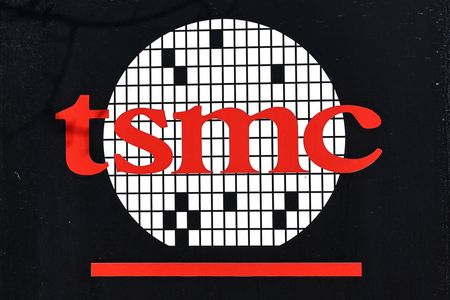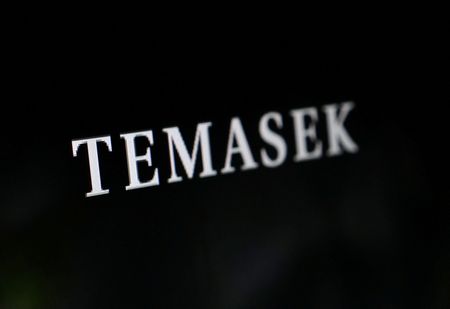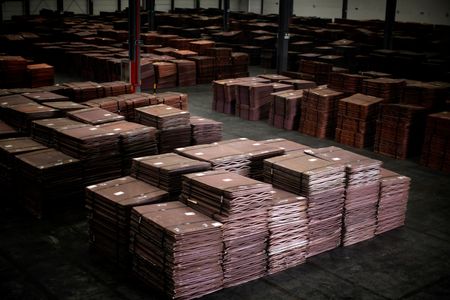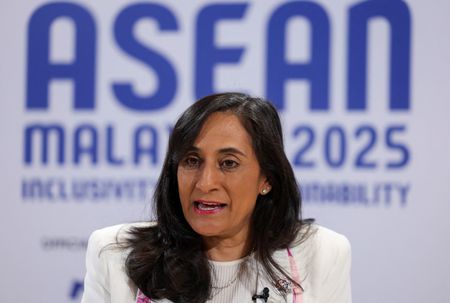SHANGHAI (Reuters) -An industry body in China warned against illegal fundraising risks involving stablecoins amid a market frenzy over cryptocurrencies and digital assets.
The Beijing Internet Finance Association said in a statement late on Wednesday that some unscrupulous institutions and individuals have been luring investors into stablecoin and other crypto schemes that promise high returns under the guise of financial innovation.
“High returns and high risks go hand in hand,” the association said, urging investors to be vigilant and to stay away from unauthorised crypto projects.
Stablecoins are digital tokens pegged to liquid assets such as the U.S. dollar and have the potential to disrupt traditional payment systems, according to some analysts.
China’s Hong Kong, the United States and some other regions and countries are racing each other to set up regulatory frameworks for stablecoins, competing for a greater reach in global digital finance and trade.
Reflecting rapidly growing investor interest, an index tracking stablecoin concept stocks in China has surged 88% over the past three months, while a gauge of stablecoin-related shares in Hong Kong has more than doubled.
The Beijing Internet Finance Association said some investment schemes are attracting investors with buzzwords such as “stablecoins”, “decentralized finance (DeFi)”, and “Web 3.0”, paying early investors with money taken from new joiners as in traditional Ponzi schemes.
“These activities can easily evolve into crimes such as illegal fundraising, financial fraud, pyramid schemes, and money laundering, which would severely disrupt economic and financial order, and endanger public interest and social trust,” the association said.
China banned crypto trading in 2021 due to concerns over financial stability.
Chinese tech giants JD.com and Ant Group have said they would apply to issue stablecoins in Hong Kong, where stablecoin legislation is scheduled to take effect on August 1 as part of the city’s push to become a digital asset hub.
(Reporting by Shanghai Newsroom; Editing by Tom Hogue)







